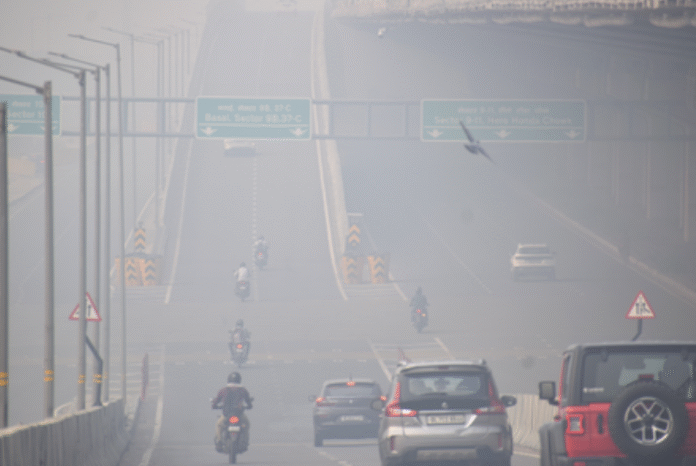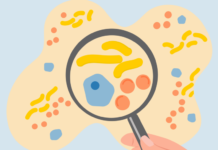NEW DELHI– With Delhi’s air thickened by post-Diwali pollution, doctors across the city are reporting a sharp rise in respiratory illnesses, eye irritation, flu symptoms, and even joint pain as air quality sinks to hazardous levels.
Data from the Central Pollution Control Board (CPCB) showed that the concentration of fine particulate matter (PM 2.5) averaged 488 micrograms per cubic meter — nearly eight times the safe limit — placing the city’s overall Air Quality Index (AQI) in the “very poor” range at 400. Some areas, however, slipped into the “severe” category.
“High pollution levels can worsen joint disease,” said Dr. Uma Kumar, Head of the Department of Rheumatology at AIIMS, New Delhi. “Pollutants such as particulate matter, nitrogen dioxide, and ozone trigger inflammation and oxidative stress in the body, which can aggravate pain, stiffness, and fatigue in people with arthritis.”
She advised arthritis patients to stay indoors as much as possible, wear N95 masks when outside, and use air purifiers to reduce flare-ups during high pollution days.
General physicians also reported a surge in respiratory complaints. “The number of patients in every chest physician’s outpatient department has increased by nearly 30 percent,” said Dr. Amit Kumar, noting that the toxic cocktail of gases — including carbon monoxide, nitrogen oxides, ammonia, and benzene — is causing widespread coughing, fatigue, dizziness, and insomnia.
Dr. Kumar added that air pollution has now overtaken smoking as the leading cause of chronic obstructive pulmonary disease (COPD). “Even if a person doesn’t smoke, the current pollution levels expose them to the equivalent of inhaling smoke from six cigarettes per day,” he said.
Hospitals are seeing between 300 and 350 patients daily with symptoms like shortness of breath, chest tightness, and persistent cough. Doctors attribute this spike to stagnant weather conditions that trap dust and smoke near the surface, forming dense haze and smog.
Environmental expert Sharanjeet Kaur warned that conditions could deteriorate further. “If the wind speed remains low, pollutants will not disperse, and the air quality may worsen in the next two to three days,” she said.
Health experts urged residents to limit outdoor activities, especially in the morning and late evening, wear masks, and use air purifiers or indoor plants to improve air quality. They also advised children, the elderly, and those with chronic illnesses to take extra precautions as they remain the most vulnerable to Delhi’s toxic air. (Source: IANS)














